 Way Of Writing Arabic Fonts And Symbol In Ms Word Doc
Way Of Writing Arabic Fonts And Symbol In Ms Word Doc
Add Images of Islamic Phrases to Your WordPress Posts using Shortcodes

MuslimMatters has been a free service to the community since 2007. All it takes is a small gift from a reader like you to keep us going, for just $2 / month. The Prophet (SAW) has taught us the best of deeds are those that done consistently, even if they are small. Click here to support MuslimMatters with a monthly donation of $2 per month. Set it and collect blessings from Allah (swt) for the khayr you're supporting without thinking about it. MuslimMatters.org presents Islamic Graphics: a WordPress plugin that allows you to easily insert images of common Islamic phrases directly into your posts and pages via shortcodes. Both black and white versions of each graphic are provided. Romanized text and the English translation can also be inserted to assist readers who do not know Arabic, as shown below: Images only - islamic phrase appears upon mouse rollover. Images with translation - English translation appears in brackets next to image. Romanized text with translation - a text only option. Romanized text only Translation only Click here to download the plugin for free – please don’t forget to rate it. :) MuslimMatters has been a free service to the community since 2007. All it takes is a small gift from a reader like you to keep us going, for just $2 / month. The Prophet (SAW) has taught us the best of deeds are those that done consistently, even if they are small. Click here to support MuslimMatters with a monthly donation of $2 per month. Set it and collect blessings from Allah (swt) for the khayr you're supporting without thinking about it. MuslimMatters has been a free service to the community since 2007. All it takes is a small gift from a reader like you to keep us going, for just $2 / month. The Prophet (SAW) has taught us the best of deeds are those that done consistently, even if they are small. Click here to support MuslimMatters with a monthly donation of $2 per month. Set it and collect blessings from Allah (swt) for the khayr you're supporting without thinking about it. MuslimMatters is grateful to Allah for our readers and our writers for collaborating to build the Muslim Internet’s most widely read online magazine. It is an honor to publish every article that goes up on the site. Here are the editor’s choices from the top most read articles of 2019. This comprehensive scholarly essay, published in August, was nuanced and forces the reader to take a step back and holistically look at the issue of abortion. Shaykh Salman, a traditional trained scholar, is completing his PhD at Oxford University on early Hanafi fiqh. In this September piece, which predated many controversies, Dr Azami, a Departmental Lecturer in Contemporary Islamic Studies at the University of Oxford argues against Shaykh Hamza’s contention that the Islamic tradition has uniformly called for rendering obedience to tyrannical rule. This article was a Ramadan treat, a translation of the work by the esteemed South Asian scholar. Ramaḍān is commonly viewed as only a month of fasting and tarāwīḥ, and that there is no other significance to it. Without a doubt, the fasting and the tarāwīḥ prayers are two major acts of worship in this month. However, the reality is that the blessed month of Ramaḍān demands more from us. This piece by our Director of Development and regular writer, Zeba Khan, hit a nerve with many readers. It went deep into recognizing that faith is not a protection from pain, and pain is not the absence of faith. The Prophet Emotional Intelligence by itself is not sufficient for individual reform or societal reform; instead, it is only one part of the puzzle. The ʿaql or intellect that is referenced repeatedly in the Qurʾān is a more comprehensive tool that not only recognizes how to understand the psychological and emotional aspects of people but recognizes morally upright and sound behavior. Mainstream Muslims have in fact been at the forefront not just locally, but also internationally in the fight against extremism within Muslim communities. Sri Lankan Muslims, a numerical minority, though a well-integrated native community in Sri Lanka’s colourful social fabric, seek to take lead in helping to alleviate the suffering currently plaguing our nation. This article is on this list not just because it was an excellent read but because of the positive effect it had on repairing divides causes by the attacks. In this episode, the Loving Muslim Marriage team asks an obvious question with what seems like an obvious answer – do women need sex? Obviously, yes. If that’s the case though, then why is expressing a sexual need, or seeking help for sexual issues such a taboo in Muslim cultures? Obviously many people wanted to learn more. The article is a curriculum for young Muslims with real life examples that parents, teachers and youth groups can use. Expert curriculum designer, Mona Islam, emphasizes on the need for this education in middle and high school. Imam Omar’s column never fails to uplift readers. This was his most poignant post. With so many internal and external forces bent on crushing our souls. this article compels us to adopt the Quranic formula for returning the ummah to health; focus on developing the good, more than destroying the evil. InshaAllah, we will publish lesser read pieces that were gems that readers may have missed. MuslimMatters has been a free service to the community since 2007. All it takes is a small gift from a reader like you to keep us going, for just $2 / month. The Prophet (SAW) has taught us the best of deeds are those that done consistently, even if they are small. Click here to support MuslimMatters with a monthly donation of $2 per month. Set it and collect blessings from Allah (swt) for the khayr you're supporting without thinking about it. MuslimMatters has been a free service to the community since 2007. All it takes is a small gift from a reader like you to keep us going, for just $2 / month. The Prophet (SAW) has taught us the best of deeds are those that done consistently, even if they are small. Click here to support MuslimMatters with a monthly donation of $2 per month. Set it and collect blessings from Allah (swt) for the khayr you're supporting without thinking about it. You know that frustrating feeling of not knowing the answers to certain questions? Questions like: …am I praying or am I not? …can I touch the Quran or can I not…? …did that man really just say that because I’m a woman, I can’t do this, or wear that, or speak up? Every question, every concern, every misconception on Women’s Fiqh… What if you had the answers? Women’s fiqh has a reputation for being complicated. However, the reason why is because nobody has given it the full attention it needs in the context of Muslim women living in the West today. I propose we end that confusion, stop the misuse of Islamic texts, and reclaim the knowledge. This applies to the men, as well. Men will want to learn about this as well – not just because they have women in their life (a mom, a sister, a wife or a daughter). But because knowing the fiqh specific to half of the world’s population saves everyone from making dangerous mistakes. The answers to your questions and the knowledge you’re looking for comes in a complete, online guided course: Complicated?: The A-Z of Women’s Modern Fiqh. It’s titled with a question mark because it really isn’t that complicated. This is the complete online course that covers every stage of a woman’s natural lifecycle. From newborns, puberty, and education, to marriage, old age, and the eventual janazah. Plus, it covers modern fiqh questions about topics like careers, public speaking, fashion, social interactions and textual misconceptions. Here’s what past attendees have to say about this course: “Throughout the course, I was nodding all the time….. …..like YES, this is a question I’ve had…. …. and thank you for answering it. It opened my eyes to so many different issues, Som that I was struggling with, and some I hadn’t even considered.”– From author and speaker, Sr Asmaa Hussain “At first, I thought it would be a course on the usual Fiqh of Women stuff… …like pregnancy, periods, ghusl, salah. Sure that was there and with great clarity… …but it was literally the A-Z: He talked about women’s leadership, women as judges, women in positions of power… Never had I felt more empowered, more confident.…and especially grateful to be present in this class. “ – Ustadha Taimiyyah Zubair You will also get to listen to these guest speakers: And watch recorded bonuses with: Every question ever asked about Women’s fiqh is answered in this online course. And if you still have more questions, there are Live Q&A sessions scheduled for you to ask what hasn’t already been discussed. If you are interested in joining, then make sure you register before today Oct 10th 11:59pm, when the course closes. Click on the link below and get access to your student portal today: MuslimMatters has been a free service to the community since 2007. All it takes is a small gift from a reader like you to keep us going, for just $2 / month. The Prophet (SAW) has taught us the best of deeds are those that done consistently, even if they are small. Click here to support MuslimMatters with a monthly donation of $2 per month. Set it and collect blessings from Allah (swt) for the khayr you're supporting without thinking about it. Monday, September 9, turned out to be a day of profound anguish and sorrow for many around the world. In the early morning hours, news of the death of Mawlana* Yusuf Sulayman Motala, fondly known as “Hazrat” (his eminence) to those who were acquainted with him, spread. He had passed away on Sunday at 8:20 pm EST in Toronto, after suffering a heart attack two weeks earlier. MuslimMatters has been a free service to the community since 2007. All it takes is a small gift from a reader like you to keep us going, for just $2 / month. The Prophet (SAW) has taught us the best of deeds are those that done consistently, even if they are small. Click here to support MuslimMatters with a monthly donation of $2 per month. Set it and collect blessings from Allah (swt) for the khayr you're supporting without thinking about it. A master of hadith and Qur’an. A sufi, spiritual guide and teacher to thousands. A pioneer in the establishment of a religious education system. His death reverberated through hearts and across oceans. We are all mourning the loss of a luminary who guided us through increasingly difficult times. Monday, September 9, turned out to be a day of profound anguish and sorrow for many around the world. In the early morning hours, news of the death of Mawlana* Yusuf Sulayman Motala, fondly known as “Hazrat” (his eminence) to those who were acquainted with him, spread. He had passed away on Sunday at 8:20 pm EST in Toronto, after suffering a heart attack two weeks earlier. (May the Almighty envelope him in His mercy) His journey in this world had begun more than 70 years ago in the small village of Nani Naroli in Gujarat, India, where he was born on November 25, 1946 (1 Muharram 1366) into a family known for their piety. His early studies were largely completed at Jami’a Husayniyya, one of the early seminaries of Gujarat, after which he travelled to Mazahir Ulum, the second oldest seminary of the Indian Sub-Continent, in Saharanpur, India, to complete his ‘alimiyya studies. What drew him to this seminary was the presence of one of the most influential and well-known contemporary spiritual guides, Mawlana Muhammad Zakariyya Kandhlawi (d. 1402/1982), better known as “Hazrat Shaykh.” He had seen Mawlana Zakariyya only briefly at a train stop, but it was enough for him to understand the magnitude of his presence. Mawlana Yusuf remained in Saharanpur for two years. Despite being younger than many of the other students of Shaykh Zakariya, the shaykh took a great liking to him. Shaykh Zakariya showered him with great attention and even deferred his retirement from teaching Sahih al-Bukhari so that Mawlana Yusuf could study it under his instruction. While in Saharanpur, Mawlana Yusuf also studied under a number of other great scholars, such as Mawlana Muhammad ‘Aqil (author of Al-Durr al-Mandud, an Urdu commentary of Sunan Abi Dawud and current head lecturer of Hadith at the same seminary), Shaykh Yunus Jownpuri (d. 1438/2017) the previous head lecturer of Hadith there), Mawlana As‘adullah Rampuri (d. 1399/1979) and Mufti Muzaffar Husayn (d. 1424/2003). Upon completion of his studies, Mawlana Yusuf’s marriage was arranged to marry a young woman from the Limbada family that had migrated to the United Kingdom from Gujarat. In 1968, he relocated to the UK and accepted the position of imam at Masjid Zakariya, in Bolton. Although he longed to be in the company of his shaykh, he had explicit instructions to remain in the UK and focus his efforts on establishing a seminary for memorization of Qur’an and teaching of the ‘alimiyya program. The vision being set in motion was to train a generation of Muslims scholars that would educate and guide the growing Muslim community. Establishing the first Muslim seminary, in the absence of any precedent, was a daunting task. The lack of support from the Muslim community, the lack of integration into the wider British community, and the lack of funds made it seem an impossible endeavour. And yet, Mawlana Yusuf never wavered in his commitment and diligently worked to make the dream of his teacher a reality. In 1973 he purchased the derelict Aitken Sanatorium in the village of Holcombe, near Bury, Lancashire. What had once been a hospice for people suffering from tuberculosis, would become one of the first fully-fledged higher-education Islamic institutes outside of the Indian-Subcontinent teaching the adapted-Nizami syllabus. The years of struggle by Maulana Yusuf to fulfil this vision paid off handsomely. Today, after four decades, Darul Uloom Al Arabiyya Al Islamiyya, along with its several sister institutes, also founded by Mawlana Yusuf, such as the Jamiatul Imam Muhammad Zakariya seminary in Bradford for girls, have produced well over 2,000 British born (and other international students) male and female ‘alimiyya graduates – many of whom are working as scholars and serving communities across the UK, France, Belgium, Holland, Portugal, the US, Canada, Barbados, Trinidad, Panama, Saudi Arabia, India and New Zealand. Besides these graduates, a countless number of individuals have memorized the Qur’an at these institutes. Moreover, many of the graduates of the Darul Uloom and its sister institutes have set up their own institutes, such as Jamiatul Ilm Wal Huda in Blackburn, Islamic Dawah Academy in Leicester, Jami’ah al-Kawthar in Lancaster, UK, and Darul Uloom Palmela in Portugal, to just mention a few of the larger ones. Within his lifetime, Mawlana Yusuf saw first-hand the fruit of his labours – witnessing his grand students (graduates from his students’ institutes) providing religious instruction and services to communities around the world in their local languages. What started as a relationship of love between a student and teacher, manifested into the transmission of knowledge across continents. In some countries, such as the UK and Portugal, one would be hard-pressed to find a Muslim who had not directly or indirectly benefited from him. Mawlana Yusuf was a man with deep insights into the needs of Western contemporary society, one that was very different from the one he had grown up and trained in. With a view to contributing to mainstream society, Mawlana Yusuf encouraged his graduates to enter into further education both in post-graduate Islamic courses and western academia, and to diversify their fields of learning through courses at mainstream UK universities. As a result, many ‘alimiyya graduates of his institutes are trained in law, mainstream medicine, natural medicine and homeopathy, mental health, child protection, finance, IT, education, chaplaincy, psychology, philosophy, pharmacy, physics, journalism, engineering, architecture, calligraphy, typography, graphic design, optometry, social services, public health, even British Sign Language. His students also include several who have completed PhDs and lecture at universities. His vision was to train British-born (or other) Muslim scholars who would be well versed in contemporary thought and discipline along with their advanced Islamic learning, equipping them to better contribute to society. Despite his commitment to the establishment of a public good, the shaykh was an immensely private person and avoided seeking accolade or attention. For many decades he refused invitations to attend conferences or talks around the country, choosing to focus on his students and his family, teaching the academic syllabus and infusing the hearts of many aspirants with the love of Allah through regular gatherings of remembrance (dhikr) and spiritual retreats (i’tikaf) in the way of his shaykh’s Chishti Sufi order. During my entire stay with him at Darul Uloom (1985–1997), I can say with honesty that I did not come across a single student who spoke ill of him. He commanded such awe and respect that people would find it difficult to speak with him casually. And yet, for those who had the opportunity to converse with him, knew that he was the most compassionate, humble, and loving individual. He was full of affection for his students and colleagues and had immense concern for the Muslim Ummah, especially in the West. He possessed unparalleled forbearance and self-composure. When he taught or gave a talk, he spoke in a subdued and measured tone, as though he was weighing every word, knowing the import it carried. He would sit, barely moving and without shifting his posture. Even after a surgical procedure for piles, he sat gracefully teaching us Sahih al-Bukhari. Despite the obvious pain, he never made an unpleasant expression or winced from the pain. Anyone who has listened to his talks or read his books can bear testimony to two things: his immense love for the Messenger of Allah Over the last decade, he had retired from most of his teaching commitments (except Sahih al-Bukhari) and had reduced meeting with people other than his weekly dhikr gatherings. His time was spent with his family and young children and writing books. His written legacy comprises over 20 titles, mostly in Urdu but also a partial tafsir of the Qur’an in classical Arabic. After the news of his heart attack on Sunday, August 25, and the subsequent effects to his brain, his well-wishers around the world completed hundreds of recitals of the Qur’an, several readings of the entire Sahih al-Bukhari, thousands of litanies and wirds of the formula of faith (kalima tayyiba), and gave charity in his name. However, Allah Most High willed otherwise and intended for him to depart this lowly abode to begin his journey to the next. He passed away two weeks later and reports state that approximately 4,000 people attended his funeral. Had his funeral been in the UK, the number of attendees would have multiplied several folds. But he had always shied away from large crowds and gatherings and maybe this was Allah Most High’s gift to him after his death. He was 75 (in Hijra years, and 72 in Gregorian) at the time of his death and leaves behind eight children and several grandchildren. Mawlana Yusuf educated, inspired and nourished the minds and hearts of countless across the UK and beyond. May Allah Almighty bless him with the loftiest of abodes in the Gardens of Firdaws in the company of Allah’s beloved Messenger (Allah bless him and give him peace) and grant all his family, students, and cherishers around the world beautiful patience. Dr Mufti Abdur-Rahman Mangera Whitethread Institute, London (A fortunate graduate of Darul Uloom Bury, 1996–97)Islamic phrases include:
Updates:
10. Reflections on Muslim Approaches to the Abortion Debate: The Problem of Narrow Conceptualization | Sh Salman Younas
9. Shaykh Hamza Yusuf And The Question of Rebellion In The Islamic Tradition | Dr Usaama al-Azami
8. What Fasting Demands From Us | Mufti Taqi Uthmani
7. When Faith Hurts | Zeba Khan
6. Emotional Intelligence: A Tool for Change | Imam Mikaeel Smith
displayed perfection in both moral intelligence and interpersonal understanding and the author, Imam Mikaeel Smith encapsulates this in his book on Prophetic emotional intelligence.
5. Sri Lankan Muslims To Fast In Solidarity With Fellow Christians | Raashid Riza
4. Loving Muslim Marriage Episode #2: Do Women Desire Sex? | Saba Syed, Zeba Khan
3. Are You Prepared for Marriage and Building a Family? | Mona Islam
2. The Day I Die | Imam Omar Suleiman
1. Few Can Build Many Can Destroy | Sh Mohammad ElShinawy
and his love for Shaykh Mawlana Muhammad Zakariya Kandhlawi (may Allah have mercy on him). It is probably hard to find a talk in which he did not speak of the two. His shaykh was no doubt his link to the Messenger of Allah (Allah bless him and give him peace) in both his hadith and spiritual transmissions.
MuslimMatters has been a free service to the community since 2007. All it takes is a small gift from a reader like you to keep us going, for just $2 / month.
The Prophet (SAW) has taught us the best of deeds are those that done consistently, even if they are small. Click here to support MuslimMatters with a monthly donation of $2 per month. Set it and collect blessings from Allah (swt) for the khayr you're supporting without thinking about it.
Gallery Subhanahu Wa Ta'ala Arabic Symbol
 9 Wa Language Png Cliparts For Free Download Uihere
9 Wa Language Png Cliparts For Free Download Uihere

 Focus On Pleasing Allah Subhanahu Wa Ta Ala Islam Quran
Focus On Pleasing Allah Subhanahu Wa Ta Ala Islam Quran
 110 Best Islamic Art N Calligraphy Images Islamic Art
110 Best Islamic Art N Calligraphy Images Islamic Art
 Add Arabic Symbols In Ms Word Top Islamic Blog
Add Arabic Symbols In Ms Word Top Islamic Blog
 Allah Islam Subhanahu Wa Ta Ala Religion Writing Islam
Allah Islam Subhanahu Wa Ta Ala Religion Writing Islam
 Allah Islam Subhanahu Wa Ta Ala Religion Writing Islam Png
Allah Islam Subhanahu Wa Ta Ala Religion Writing Islam Png
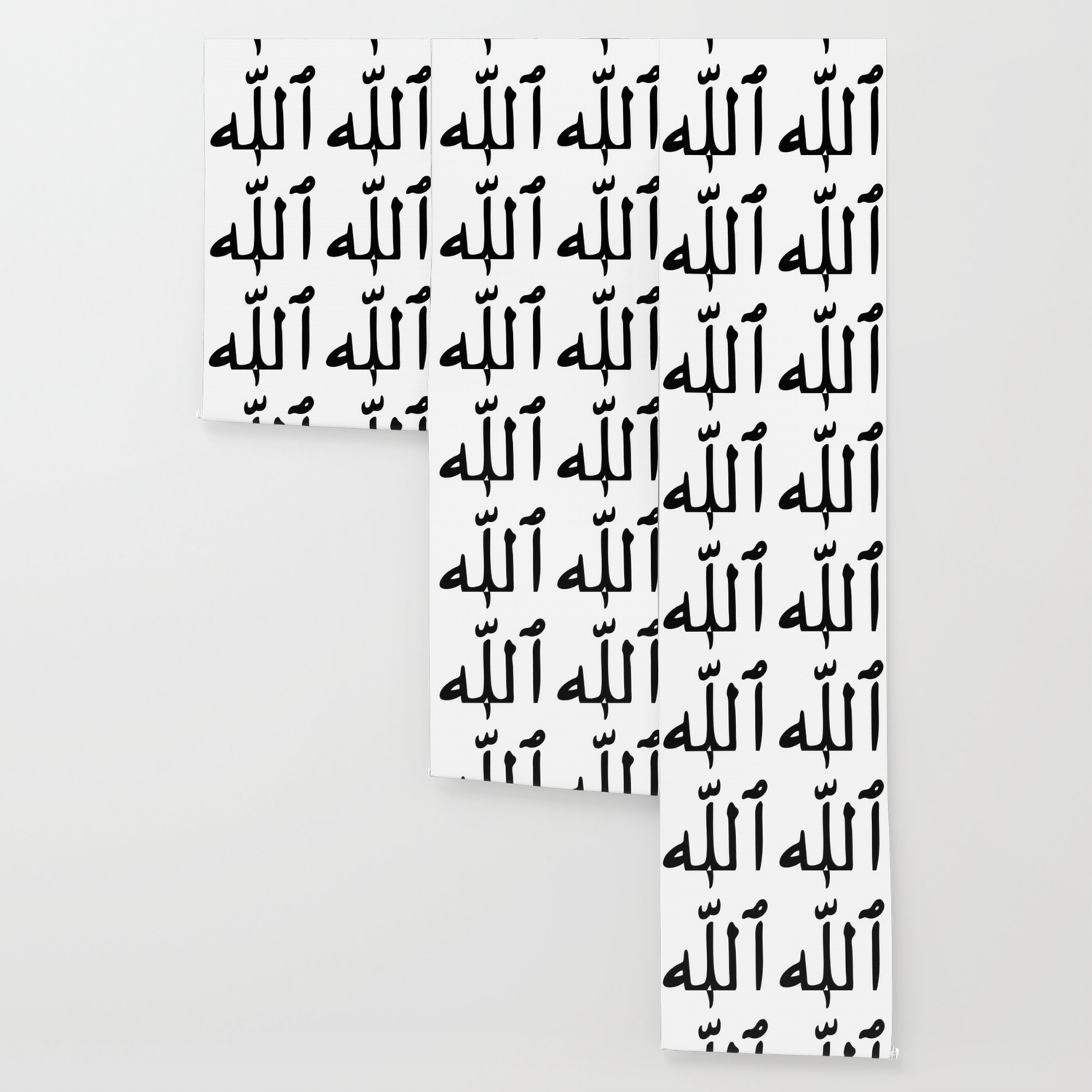 Allah Subhanahu Wa Ta Ala God In Arabic Writing Wallpaper
Allah Subhanahu Wa Ta Ala God In Arabic Writing Wallpaper

 How To Write Islamic Arabic Words In Ms Word Using Keyboard Shortcuts
How To Write Islamic Arabic Words In Ms Word Using Keyboard Shortcuts

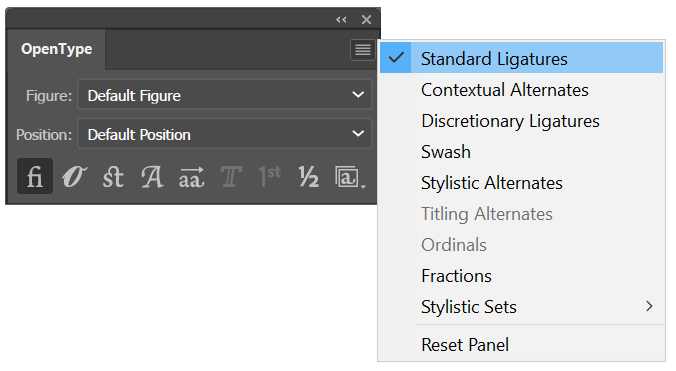 Arabic And Hebrew Type In Illustrator
Arabic And Hebrew Type In Illustrator
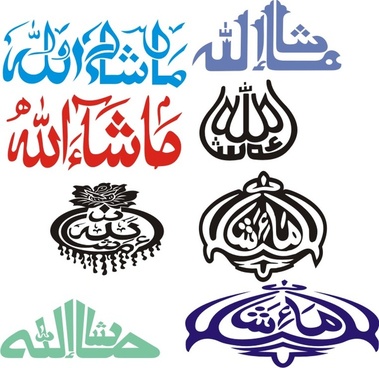 Lafadz Allah Free Vector Download 146 Free Vector For
Lafadz Allah Free Vector Download 146 Free Vector For
 Shahada Allah Islam Calligraphy Ilah Islam Farsi Symbol
Shahada Allah Islam Calligraphy Ilah Islam Farsi Symbol
 Add Arabic Symbols In Ms Word Top Islamic Blog
Add Arabic Symbols In Ms Word Top Islamic Blog
 Allah Symbol Islam Calligraphy God Png 1280x856px Allah
Allah Symbol Islam Calligraphy God Png 1280x856px Allah
 Allah Islam Subhanahu Wa Ta Ala Religion Writing Png
Allah Islam Subhanahu Wa Ta Ala Religion Writing Png
 Islamic Phrases Arabic English Hindi For Android Apk
Islamic Phrases Arabic English Hindi For Android Apk
 Add Arabic Symbols In Ms Word Top Islamic Blog
Add Arabic Symbols In Ms Word Top Islamic Blog
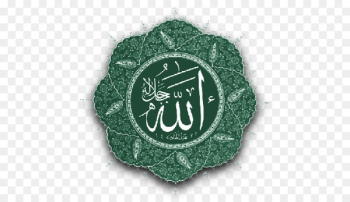 Subhanahu Wa Taala The Most Downloaded Images Vectors
Subhanahu Wa Taala The Most Downloaded Images Vectors
 Allah Subhanahu Wa Ta Ala Is With You And He Is For You So
Allah Subhanahu Wa Ta Ala Is With You And He Is For You So
 Add Arabic Symbols In Ms Word Top Islamic Blog
Add Arabic Symbols In Ms Word Top Islamic Blog
How To Write Unicode Characters On A Mac
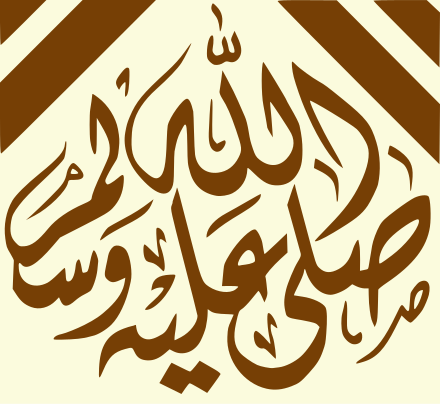
Comments
Post a Comment